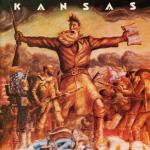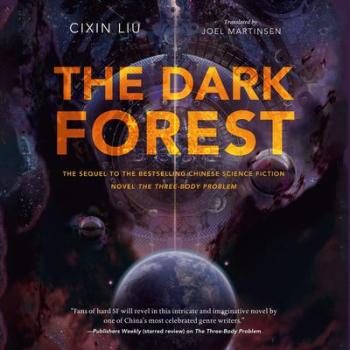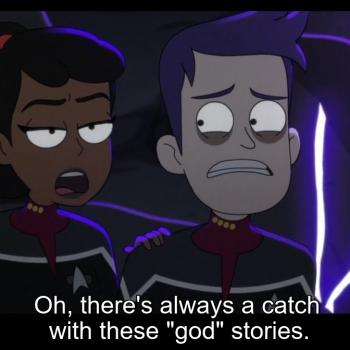A Facebook friend shared this bit of news–and not because they thought this was a good idea, I might add.
Patrick Stewart Wants To See A Star Trek/Star Wars Crossover Movie
I wrote in a comment that I do not think a crossover sounds like a good idea, but it wasn’t for the reason that the sharer suggested, claiming that Star Wars is more fantasy while Star Trek is more science fiction. I hear that a lot, and I want to challenge the idea. The transporter is no different in principle from apparition by magic in Harry Potter. Warp drive on Star Trek is no different from Star Wars’ hyperdrive. The abilities of Q and Apollo exceed those of the Jedi with no more genuinely scientific explanation being offered for the former than the latter.
I have been teaching a course on science fiction this semester and the question of its relationship to fantasy has come up in theoretical as well as practical and concrete ways. To be more specific, I had a student ask me whether they could write about Narnia. It wasn’t because they did not grasp the issue of that being categorized as fantasy rather than science fiction. Rather it was because, on the one hand, they have a deep love for and interest in the Narnia series, and on the other hand they wanted to explore the issues related to the distinction between science fiction and fantasy.
And so let me pose the broader question of this post in terms of Narnia rather than Star Trek vs. Star Wars, since it is at least slightly less controversial than wading into the wars (or is it the trek?) between the two sci-fi franchises. Let’s say the story in The Lion, The Witch, and The Wardrobe were told but instead of a wardrobe there was a strange machine that had been created by a current or former owner of the home, hidden in a basement or room that was normally locked but where Lucy managed to gain access during the children’s game of hide and seek. It turned out to be a machine that opened a gateway to a parallel universe. That universe has talking animals and other things that seem like fantasy in our universe, but of course in an infinite multiverse such things not only will exist somewhere, but inevitably will, as all possibilities are realized within the scope of infinity. Here too, it can be framed in a manner that is no less science fiction than, say, Philip Pullman’s series His Dark Materials, also set in a different universe with animals that speak (being daemons, physical manifestations of the human soul). The soul, of course, is another idea that is prominent in a number of Star Trek episodes – indeed, it is more prominent there than on Star Wars. In The Last Battle the sense that we are in fact dealing with parallel universes is especially strong.
If I had to nail my colors to the mast and come right out and say what I think, it would be this: Science fiction is fantasy wrapped in a thin veneer of pseudoscientific quantum technobabble. Science fiction reflects the fantastic hope or belief that magic can be real and achieved by scientific means. In some franchises the veneer is thinner or thicker than in others, but in few of them is the science detailed, plausible, and profound. Those exceptions, interestingly enough, come from authors like David Brin who is categorized under the heading of futurism as much as under that of sci-fi (although having said that, some futurists like Ray Kurzweil veer into fantasy), and Margaret Atwood who prefers categories like dystopian fiction rather than science fiction (even when writing about future science). This is not to say that there are not distinctions that can be made as generalizations. But as with so many other categories, however much those who place themselves in a category might wish the boundaries were impermeable, they are in fact fluid and blurry.
In case you missed it, there is yet another possible basis for a case for considering Narnia within the realm of sci-fi, or at the very least in comparison with it, is the fact that there are the same debates about the order in which to read the books that take place among Star Wars fans about the movies. Or is that in fact the definitive proof that Star Wars is fantasy after all?














